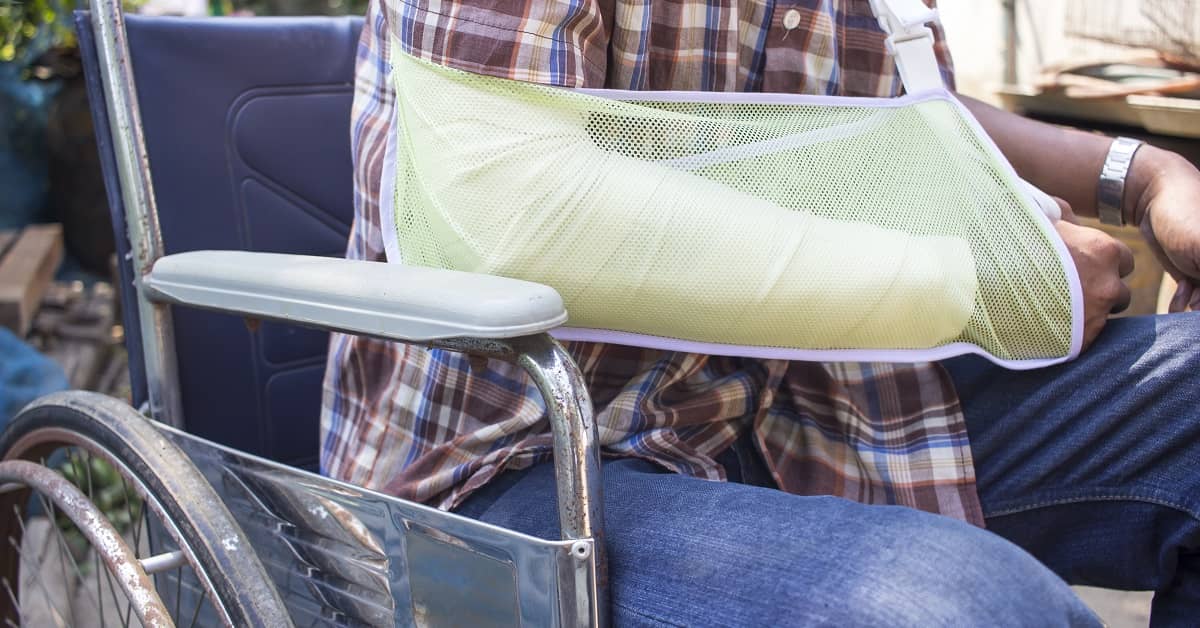
Personal injury is the area of law dedicated to pursuing fair monetary compensation, also called damages, for those who have been physically and/or psychologically harmed by someone else’s negligence. Although nothing can truly make up for the losses you experience as a result of a serious injury, damages in a claim are intended to offset both the financial hardships associated with the injury as well as the impact on your quality of life.
In Australia, personal injury claims are governed by laws specific to each state. Most personal injury claims in Victoria fall into one of three categories:
- Claims for personal injury under the Wrongs Act 1958
- TAC common law claims for injuries sustained in transport accidents
- WorkCover common law claims for workplace injuries and accidents
If you have been hurt through no fault of your own, it can be difficult to know whether or not you have a personal injury claim, as well as the correct procedure for filing. Contact Henry Carus + Associates today for a free, no-obligation consultation to discuss your injuries and your legal rights and options.
Do I Have a Personal Injury Claim Under the Wrongs Act?
Injury claims involving road accidents and injuries in the workplace are handled by the Transport Accident Commission (TAC) and WorkSafe, respectively. Claims for injuries arising from other circumstances are governed by the Wrongs Act.
Potential personal injury claims under the Wrongs Act include:
- Public liability claims. These claims seek compensation for injuries resulting from the negligence of property owners, including:
- Slip and fall accidents
- Dog bites
- Negligent security
- Pedestrian accidents involving trip and falls on unsafe roads and sidewalks
- Balcony collapses
- Falling tree branches
- Medical negligence claims
- Includes prenatal injuries (birth injury claims)
- Defective product claims
To recover compensation in a Wrongs Act claim, you must be able to prove that your injury occurred due to the negligence of someone else. Depending on the circumstances, the liable party may be a neighbour, the owner of a residential or commercial property, a business, or a healthcare provider (to name a few).
One of the major reasons to hire a personal injury lawyer is to have qualified assistance investigating how your injury occurred and establishing who is at fault. Most injury victims have little time to take pictures or talk to witnesses at the scene, especially if they are taken straight to hospital.
An experienced lawyer will have the knowledge and resources to investigate the cause of the accident on your behalf, collect evidence of negligence, and identify the liable party or parties.
How Long Do I Have to File a Personal Injury Claim?
The time limit to bring a personal injury claim is three years from the date of the injury or accident. Claimants are generally barred from compensation if they lodge a claim after the time limit elapses.
Although three years may seem like a significant amount of time, in reality there is no time to lose. It is in your best interest to contact a personal injury lawyer as soon as possible to begin building your claim before you miss the opportunity to recover fair compensation.
What Damages Can I Recover for Personal Injury?
The damages recoverable in a personal injury claim are categorised as economic and non-economic. Personal injury claimants can seek compensation for the following economic damages:
- Medical expenses
- Loss of earnings
- Deprivation or impairment of earning capacity (i.e., the loss of the ability to work and earn an income as a result of your injuries)
- The cost of attendant care services, such as hiring a home healthcare worker
Non-economic damages may also be recoverable in a personal injury claim. You may be entitled to compensation for losses such as:
- Pain and suffering
- Loss of amenities of life (i.e., loss of capacity to engage in favourite activities and hobbies)
- Loss of enjoyment of life
The Wrongs Act bars claimants from recovering non-economic damages unless they suffer a “significant injury.” A medical practitioner will assess your injuries to determine the level of impairment.
You may be granted a certificate of assessment stating that your injuries are significant, therefore establishing your right to pursue non-economic damages. Alternatively, your claim may need to be referred to a Medical Panel if you dispute the practitioner’s findings.
What If I Was Partially At Fault for the Accident?
Recoverable damages in your personal injury claim may be reduced if you were partly responsible for the accident that led to your injuries (e.g., you were looking at your mobile when you slipped or tripped on a dangerous surface). This principle is known as contributory negligence, and the court will apply it in determining the damages to which you are entitled.
It is important to note that contributory negligence on your part will not bar you entirely from recovering compensation. Rather, the compensation awarded to you will be reduced according to the court’s determination of your share of responsibility for your injuries.
Contact a Personal Injury Lawyer Today
Personal injury is a complex area of law. Your right to compensation is subject to multiple statutes and procedures, and filing a claim on your own is often difficult.
The team at Henry Carus + Associates is here to help. Our experienced lawyers have extensive experience with Wrongs Act claims and common law claims involving transport accidents and workplace injuries. You Deserve More, and we are committed to exploring all avenues for recovering maximum compensation on your behalf.
Please contact Henry Carus + Associates by calling 03 9001 1318 today for a free, no-obligation consultation. Our personal injury lawyers serve clients in Melbourne and throughout Victoria.
 Call Us Today
Call Us Today



